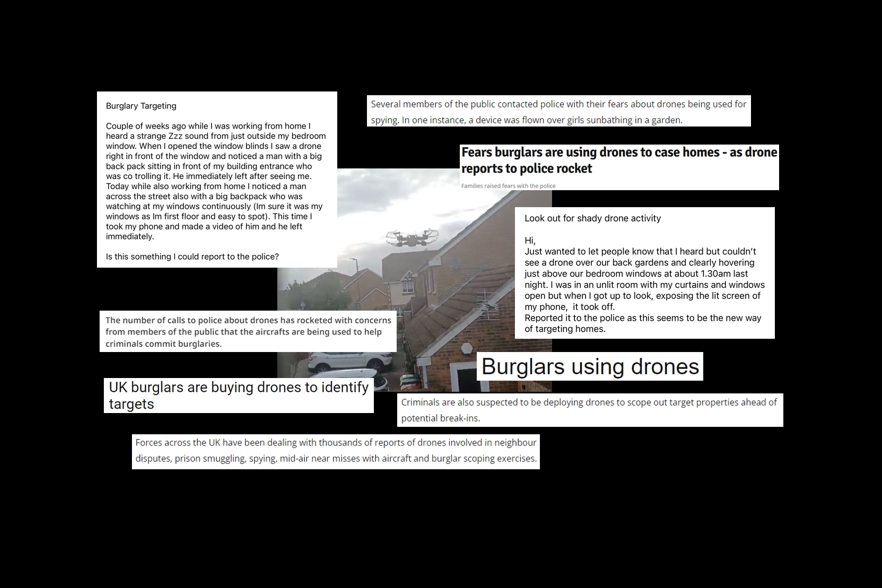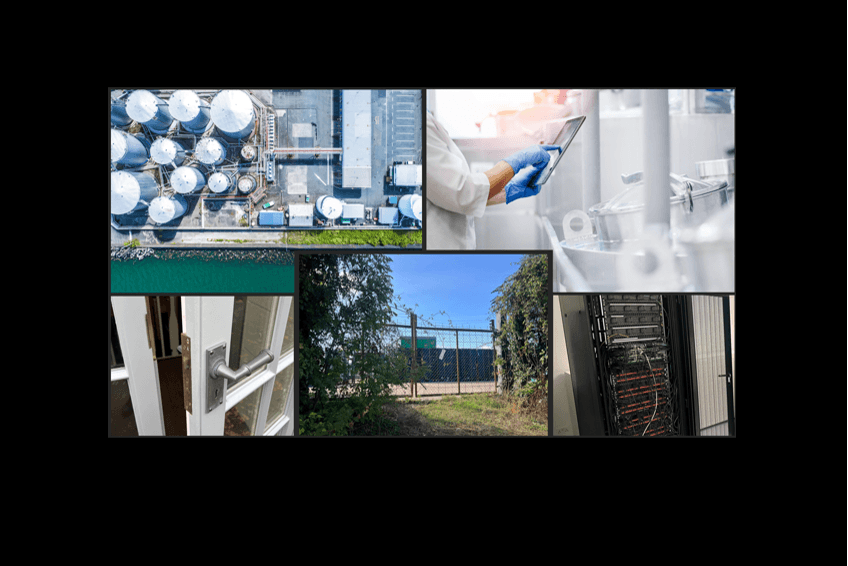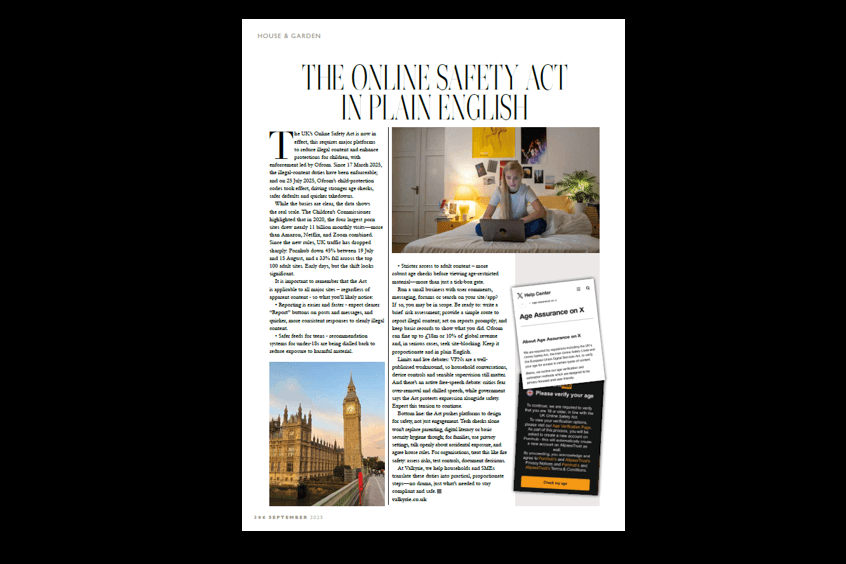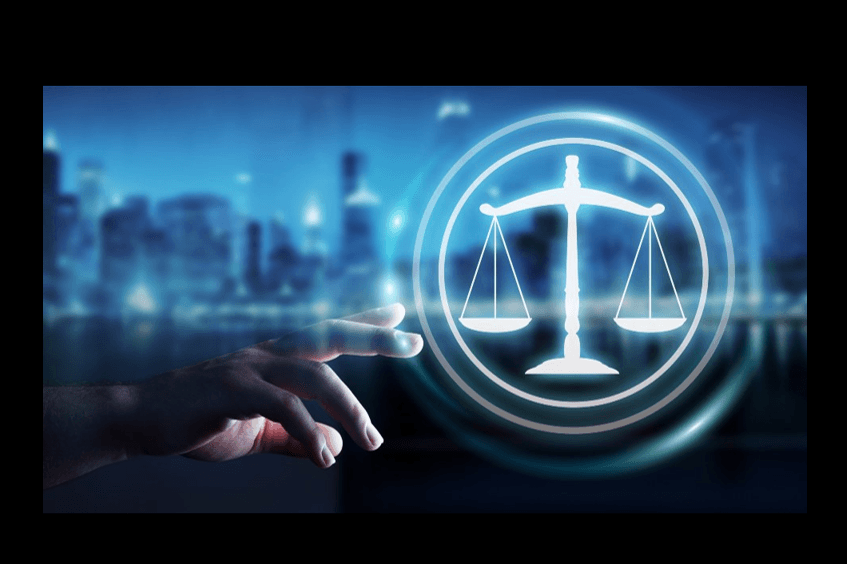Drones, once the preserve of wealthy hobbyists or commercial enterprises, are now an increasingly common sight across the nation. Their commercial applications are numerous, ranging from aerial imagery and video data collection to the transportation of goods. A UK Government ambition statement outlines “a vision for commercial drones to be commonplace in the UK by 2030, in a way that benefits the economy and wider society.” Inevitably, this has led to a rise in recreational users as drones become more accessible to the public, raising legitimate concerns about how they might be used—and misused—particularly regarding invasions of privacy.
The proliferation of drones is undeniable; as of March 2023, there were 513,860 registered drone flyers and operators. By 2030, this figure is expected to rise to over 900,000. This increase has coincided with a rise in illegal activities. Their use for smuggling contraband into prisons has been well publicised; however, they are also being exploited by criminals to survey properties, identify vulnerabilities, plan burglaries, and even monitor the movements of individuals. These devices, often equipped with high-resolution cameras capable of day and night surveillance, can fly undetected, making them an ideal tool for those targeting homes or people without raising suspicion.
Valkyrie is increasingly dealing with client requests related to drones and how best to protect privacy and security. One client in an urban area spotted a drone outside their bedroom window, controlled by a man with a large backpack who quickly fled when noticed. This naturally raised concerns around surveillance of them and their property. Another client, living on a country estate, was subject to frequent ‘fly-overs’ of their property and commercial enterprise. To address such vulnerabilities, Valkyrie occasionally utilises drones to assess a location’s weaknesses, gather intelligence, and help strengthen defences, ensuring that clients are better protected against potential threats.
These incidents underscore the need for heightened awareness and vigilance regarding drone-related criminal activities.
What Are They Looking For?
Criminals using drones typically scout for factors that can help them execute a burglary with minimal risk. They may assess whether someone is home, identify valuable items, or check for security systems like alarms and cameras. Drones allow them to inspect locks, doors, and windows for weaknesses and detect the presence of dogs or other deterrents. They might also map the property’s layout, identifying the best entry and exit points. Additionally, drones can gather sensitive information or track individual movements, posing a risk to both physical security and personal and business data.
What to Look Out For
Vigilance is key when it comes to detecting illegal drone activity around your property. Modern drones are often small, difficult to spot, and some are virtually silent, making them challenging to detect. Keep a close eye on any unusual drone activity, particularly near windows or other vulnerable areas. Be alert to individuals loitering nearby or frequently checking their phones or equipment as if monitoring something. Suspicious vehicles parked for extended periods could also indicate surveillance. If you notice any of these signs, it’s crucial to report them to the authorities immediately.
The Law and Your Rights
UK regulations strictly govern drone operations to protect public safety and privacy. Without permission, it is illegal to fly a drone within 50 metres of people, vehicles, buildings, or structures. Drones with cameras face additional restrictions and cannot be flown over or within 150 metres of densely populated areas or large gatherings. Furthermore, drones are prohibited from flying near sensitive locations such as prisons and airports, where strict no-fly zones are enforced. Certain drones, especially those with advanced capabilities, require the operator to hold a licence, ensuring that their use is regulated and monitored. Violating these regulations can lead to substantial fines and criminal charges.
Mitigating Measures
If you notice suspicious drone activity, individuals, or vehicles, report it to the police immediately. Secure your property by closing blinds or curtains, and consider installing security cameras. Exploring drone detection apps can also help you stay aware of nearby drone activity. Staying connected with neighbours and encouraging community vigilance by sharing information about suspicious behaviour can create a collective defence against potential threats. By staying vigilant and taking proactive steps, you can reduce the risk of becoming a target for drone-related criminal activities.
Conclusion
As drones become more common, so do the risks associated with their misuse. By understanding these threats, remaining vigilant, and taking appropriate precautions, you can protect your privacy and security from those who seek to exploit this technology for criminal gain. Your awareness is your first line of defence.














